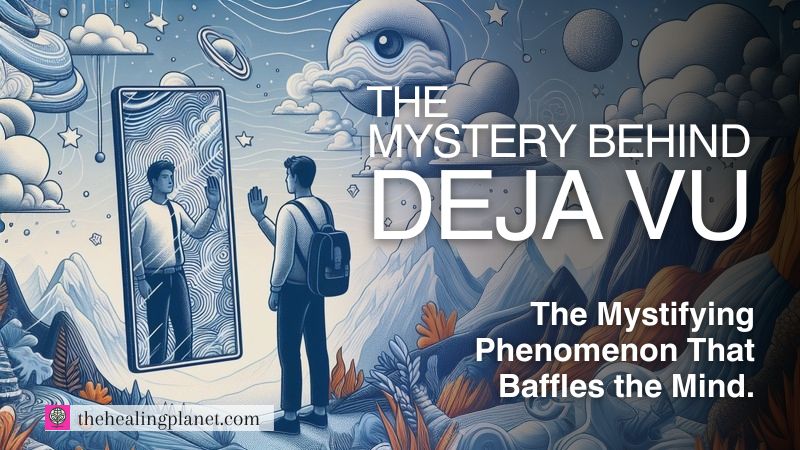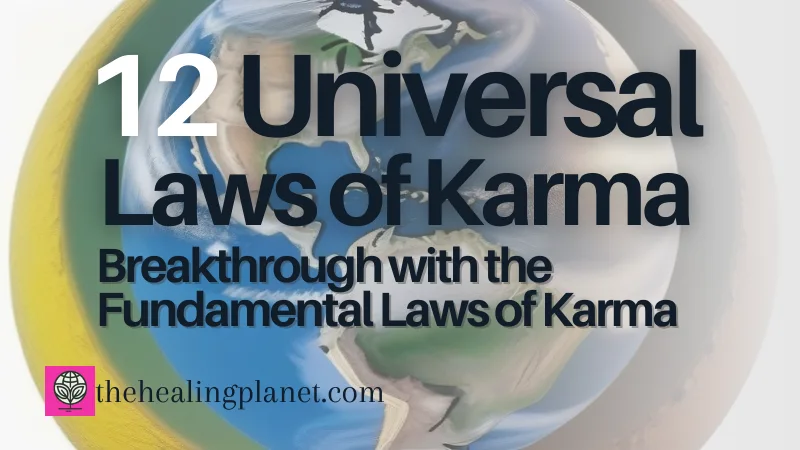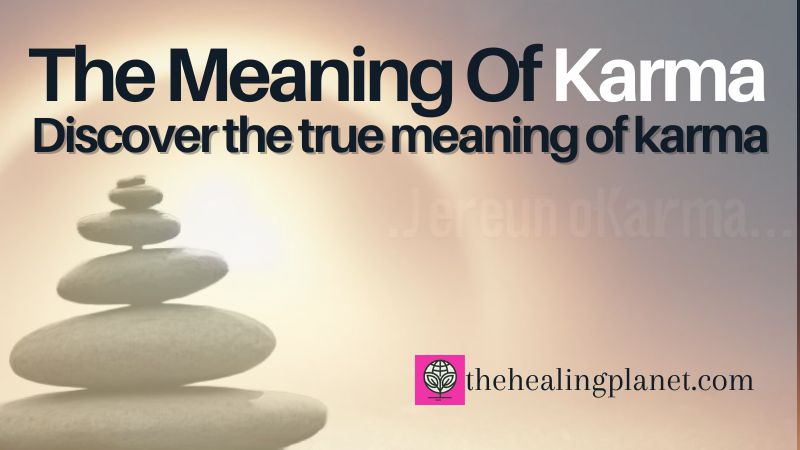Unlocking the Enigma: Discover the Astonishing Science Behind Deja Vu, the Mystifying Phenomenon That Baffles the Mind.
Exploring the Mystery Behind Déjà Vu
Have you ever experienced the unsettling feeling that you have previously lived the exact moment you are currently in?
That moment of eerie familiarity is known as déjà vu, a phenomenon that has fascinated scientists, psychologists, and individuals alike for centuries.
The Science Behind Déjà Vu
Researchers have long attempted to unravel the science behind déjà vu. They have discovered that déjà vu occurs when a certain area in the brain, called the hippocampus, triggers a feeling of familiarity, even though the experience is brand new. It is believed that déjà vu arises when there is a mismatch in the brain’s processing of incoming information, leading to a sense of false recognition.
Studies have also shown that déjà vu tends to be more prevalent in individuals with good memory recall abilities.
People who have a knack for remembering small details and events may be more prone to experiencing déjà vu. Furthermore, certain factors, such as fatigue, stress, or anxiety, can increase the likelihood of déjà vu episodes.
Types of Déjà Vu
There are several different types of déjà vu experiences, each with its unique characteristics and implications:
Déjà vécu: This type of déjà vu is the most intense, as it involves reliving an exact past experience. People may feel as if everything happening around them is being repeated, including conversations, people, and settings. It is almost as if one is stuck in a time loop.
Déjà senti: Déjà senti refers to the experience of feeling like an event or encounter has been felt before, even if it has not taken place previously. It is a profound sense of familiarity and recognition, as if one’s intuition is telling them that they have experienced this moment in the past.
Déjà visité: This type of déjà vu is related to places or locations. People may visit a new place and have an overwhelming sensation that they have been there before, despite it being their first time. It can be disorienting and make individuals question their perception of reality.
Déjà vécu or jamais vécu: This is a fine line between an actual memory and something imagined or fantasized. Individuals may feel that they have lived through an experience, but upon reflection, realize it was never a part of their life. It blurs the boundaries between reality, dreams, and imagination.
Possible Explanations for Déjà Vu
Despite extensive research, the exact cause of déjà vu remains unclear. Scientists have proposed several theories to explain this enthralling phenomenon:
Split perception theory: This theory suggests that déjà vu occurs when there is a delay in the transfer of information from one side of the brain to the other. As a result, one hemisphere processes the current perception faster than the other, leading to a feeling of familiarity.
Dual processing theory: According to this theory, déjà vu arises when there is a temporary mismatch between two cognitive processes: recognition and recall. The brain mistakenly attributes a sense of familiarity to an entirely new experience, creating the illusion of déjà vu.
Hologram theory: This intriguing theory proposes that déjà vu is a result of the brain’s ability to generate holographic images of memories. When encountering a new experience that somewhat resembles a previously stored memory, the brain may generate a partial holographic image, leading to a feeling of déjà vu.
Déjà Vu or Precognition?
Many people wonder if déjà vu is merely a strange quirk of our memory or if it has deeper implications, such as a glimpse into the future. While some individuals claim to have experienced precognitive déjà vu, where they accurately predict future events, scientists remain skeptical.
Comparisons between déjà vu and precognitive dreams have been made, as both involve a sense of familiarity with events that have not yet occurred. However, scientific evidence supporting precognition is limited, and explanations for precognitive déjà vu range from chance coincidence to subconscious pattern recognition.
Parapsychological theories propose supernatural or psychic abilities as the source of precognitive experiences. However, these theories remain highly controversial and are not widely accepted in the scientific community.
Cultural Interpretations of Déjà Vu
Across cultures, déjà vu has elicited various interpretations and associated beliefs:
In many superstitions and folklores, déjà vu is considered a sign of something significant about to happen. It is often seen as a message from a higher power, guiding individuals through various aspects of their lives.
In different cultures and religions, déjà vu is associated with spirituality, karma, past lives, or parallel dimensions. These interpretations lend a mystical and spiritual aspect to the déjà vu phenomenon.
Debunking Déjà Vu Myths
As with any mysterious phenomenon, déjà vu has its fair share of myths and paranormal beliefs surrounding it:
Dispelling the notion of past lives: While some cultural interpretations link déjà vu to past lives, scientific evidence does not support this theory. Déjà vu is a product of the brain’s intricate cognitive processes and does not have any connection to past life experiences.
Addressing paranormal beliefs: Many paranormal explanations attribute déjà vu to supernatural phenomena like telepathy or cosmic messages. However, these beliefs lack scientific evidence and are based on personal anecdotes rather than rigorous studies.
Separating déjà vu from supernatural explanations: It is essential to recognize that déjà vu is a natural occurrence. It is a fascinating quirk of our brain’s cognitive processes and does not necessarily imply the presence of any supernatural or metaphysical forces.
Coping with Déjà Vu
For individuals who frequently experience déjà vu, it can become disorienting or even distressing. Here are some strategies for coping with déjà vu:
1. Embrace the experience: Rather than feeling anxious or confused, try to embrace déjà vu as a unique mental phenomenon. Recognize it as a reflection of the complexity and mystery of the human mind.
2. Keep a journal: Maintaining a journal of déjà vu experiences can help uncover patterns or triggers. Identifying common themes or situations may provide insight into the underlying causes of déjà vu episodes.
3. Practice relaxation techniques: If déjà vu becomes distressing, engaging in relaxation techniques, such as deep breathing, meditation, or mindfulness, can help alleviate anxiety and bring a sense of calm.
It is essential to seek professional help if déjà vu episodes significantly impact daily life or cause severe distress. Mental health professionals can provide guidance and support in managing the psychological aspects of déjà vu experiences.
Conclusion
Déjà vu remains an enigmatic phenomenon, captivating the minds and imaginations of individuals worldwide. Despite extensive research and numerous theories, it continues to defy a conclusive explanation.
Whether a product of the brain’s cognitive processes or something more mysterious, déjà vu offers a glimpse into the intricacies of human perception and memory. As we explore its depths, let us celebrate the wonder and fascination that déjà vu brings.











